The agriculture sector is not predominant in UAE due to its geographical location. Moreover, the country is characterized by very little rainfall, extremely high temperatures, poor quality of soil, less arable land, and unavailability of satisfactory natural waterways, all of which justify the non-prevalence of the agricultural sector. The Government is taking various measures to improve the food security for its people.
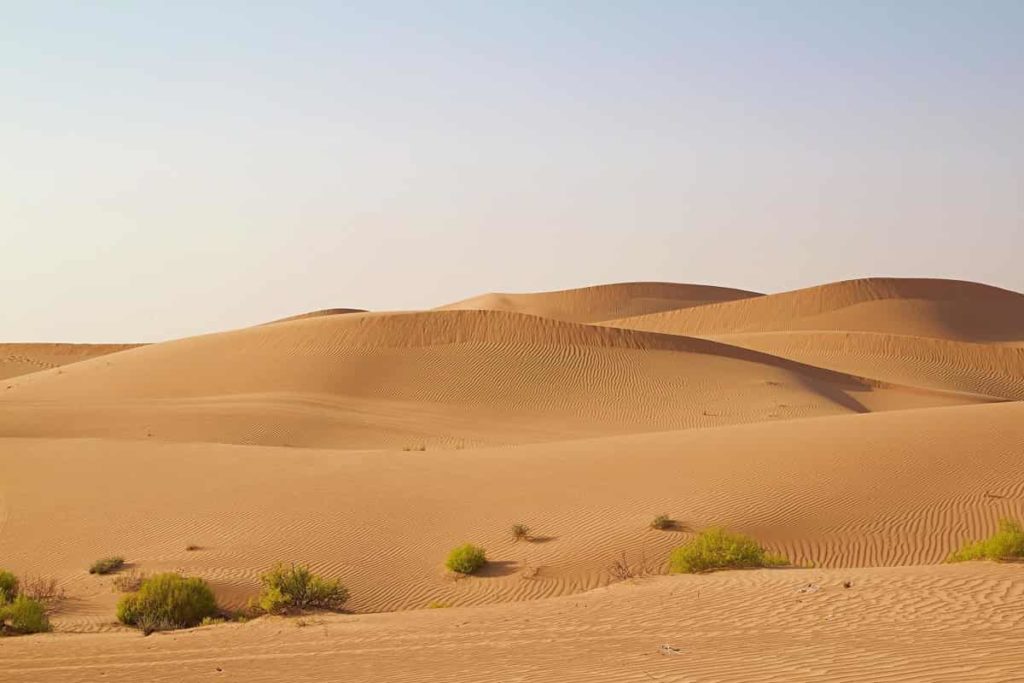
Agriculture sector analysis of the United Arab Emirates
The agricultural produce of the United Arab Emirates
The total arable land in UAE is only approximately 1600 square kilometers, out of the total land area of around 71,023 square kilometers. The majority of the land in the UAE is utilized for the production of dates. The country is among the top ten dates producer in the world and contributes to around 6% of the world’s date production (the climatic conditions of UAE support the production of dates in large quantities).
The other crops grown in UAE are tomatoes, cabbage, bougainvillea, tropical hibiscus, eggplant, mangoes, citrus fruits, etc. The key areas where plantation activities are carried out are Ras-Al-Khaimah emirate, coastal areas of Fujairah emirate, Al Ain and Liwa Oasis, and Abu Dhabi emirate.
The country depends heavily on the imports of goods
Approximately 80% of food in the UAE is imported from other countries. In 2020, UAE imported roughly $11.8 billion worth of edible products. The commodities which are majorly imported by UAE are rice, nuts, wheat, along with numerous other products. Some key countries that provide agricultural products to the UAE are India, the United States, Canada, China, Saudi Arabia, etc.
Export of the agricultural commodities
In 2020, UAE exported approximately $10.6 billion worth of agricultural products, of which raw tobacco, raw sugar, nuts, chocolates, and dried legumes form the significant part of total agricultural exports. In 2020 the major countries to which the UAE exports agricultural products were Saudi Arabia, Iraq, Oman, Somalia, and Iran.
Challenges in the Agriculture Sector of the UAE
Due to the country’s geographic location, more than one-third of the land is covered with sand. Deserts, along with it, bring plentiful factors that detriment to the agriculture sector’s growth and sustainability.
Challenges related to soil
Low quality of soil
good quality soil is essential for agriculture. There are around 13 varieties of soil found across the country’s seven emirates; however, the soil quality is very low compared to other nations. Due to heavy winds in the country, the soil gets easily transferred from one region to another, because of which no one soil can be specific to a particular region.
In case you missed it: Home Hydroponic Farming for Beginners: Check How This Guide Helps to Start and Set up Soilless Garden from Scratch
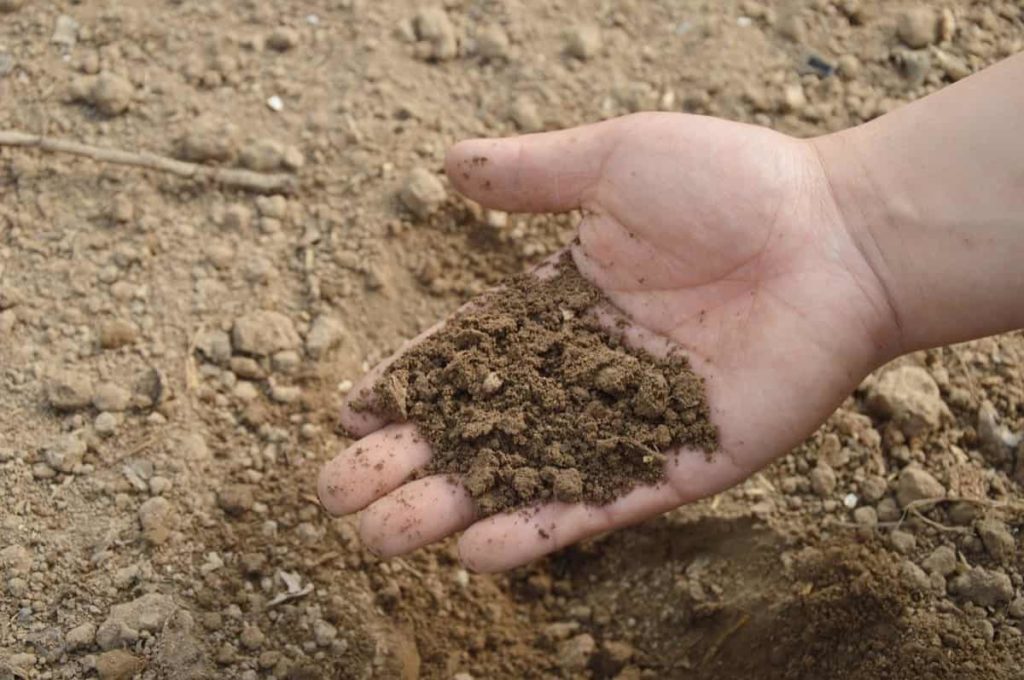
For instance, the winds blowing from the coast, sometimes carry with them White Calcareous Sand, which results in white soil being found in numerous regions of the country. Similarly, iron-rich red sand gets deposited as red soil. Grey soil can also be found in the country, formed by igneous rock. The degraded material of the sea also forms soil which is cream-colored calcareous/sea-shell rich soil.
A unique category of soil found in the United Arab Emirates
A new category of soil was found in the Al Dabaya region of Abu Dhabi. This soil found in the country’s coastal areas is exclusive to the country and is rich in anhydrite (CaSO4). The soil type was incorporated in the year 2014 in the 12th addition of US Keys to Soil Taxonomy.
Challenges related to the availability of natural water
Non-availability of water for irrigation poses a severe threat to agriculture
The non-availability of sufficient water for growing plants has always been a topic of discussion in the UAE when considering the challenges in the agricultural sector. The country faces a lot of difficulties producing food with limited water resources. The availability of water in the region is continuously falling because of the increasing population, resulting in increased water consumption. Since the country’s economy is heavily dependent on tourism for revenue, an increase in the number of tourists directly impacts the consumption and availability of water.
Given the fact that UAE has very little rainfall, the exhausted groundwater used for farming is not replenished with rainwater. As a result, according to a survey, freshwater availability decreased from 238 trillion liters of water to only 10 trillion liters between 1969 and 2015.
Extraction of fresh water from the ground
huge amount of groundwater is drawn out, because of which saltwater intrusion occurs. Many crops are very sensitive to saline water, due to which their production is hampered. To find less saline water for irrigation, the farmers have to dig deeper wells and use stronger pumps that use a lot of energy. This acts as a huge cost to the farmers and puts a big question on sustainable agriculture.
Use of water that is treated in water treatment plants
In order to fulfill the water demand in agriculture, large-scale farmers use water that has been treated in water treatment plants to reduce the salinity. However, such water has a substantial long-term impact on soil quality and productivity. The treated water has gigantic amounts of chemicals that when used for irrigation contaminates the soil and the entire food chain. Micropollutants and pathogens can enter the soil and cause plant diseases.
Use of wrong methods of irrigation
Most of the farmers in the region use the traditional irrigation method. Due to high temperate, half of the water evaporates while watering the farms and reduces the amount of water for irrigation. The wrong way of irrigation increases causes a huge amount of wastage of water. Farmers should be taught to use sub-surface irrigation to reduce water loss through irrigation.
Methods took by the Government to resolve the challenges
Despite the various agricultural challenges faced by the country, the sector is still showing a growing trend since 1971 because of numerous efforts put in by the Government. The late Sheikh Zayed Bin Sultan Al Nahyan gave an immense contribution and put in a huge amount of effort to develop the agricultural sector in the country. The Government is since then continuously taken significant steps to ensure food security for its people and make the country more sustainable. A few steps taken by the Government are:
- Making and adopting various policies to address agricultural issues.
- Promoting and encouraging the farmers to use sustainable and climate-smart agriculture or “AgTec”.
- Increasing the production of local food items which are adapted to high and humid conditions.
- Providing training to farmers regarding the adaptation of smart agricultural practices.
- Providing funds, etc.
In case you missed it: Growing Tomatoes Organically, Cultivation Practices
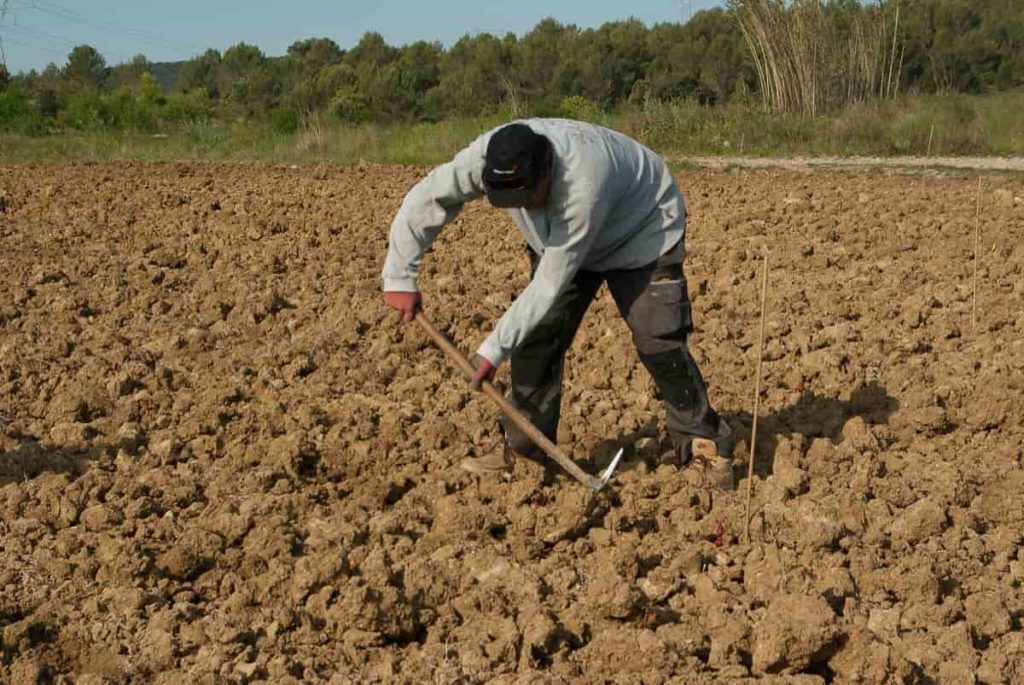
Launch of the ‘National Food Security Strategy 2051’
The ‘National Food Security Strategy 2051’ was launched in November 2018 with the chief aim of- using such agricultural practices which increase the quantity of food produced sustainably, thereby ensuring food security for the country’s people. The strategy consists of 38 both long-term and short-term initiatives. The main aims of the strategy include:
- Enhancing the local production of food
- Entering into international partnerships with other countries to diversify sources of food,
- Making policies that help to enhance the nutritious content of food
- Making legislation to reduce the amount of waste
- Making UAE the best in “Global Food Security Index” by 2051, and (vi) developing an all-inclusive national system to enable sustainable food production.
Use of Hydroponics in UAE
Hydroponic is a method of farming where the soil is not required for growing plants, instead, mineral and nutrient-rich water is used for growing and cultivating crops. This farming method is quite beneficial for plant growers in UAE because it uses less water compared to the traditional way of farming and helps in conserving a huge amount of water (around 70% less water is used for cultivation).
Additionally, by using this method, the plant growers in UAE can use crop-specific nutrients since, each crop requires different types and levels of nutrition. To support the use of the hydroponic system, the government has launched several training programs and workshops to educate the farmers. UAE also has huge portable hydroponic shipping containers which are insulated and provide the required environment for growing crops.
Vertical Farming
Vertical farming is a plant cultivating technique where the different crops are grown vertically in stacked layers. Vertical farming is popular among UAE farmers since the country has very little arable land. Several firms are involved in vertical farming activity and they provide all the necessary resources required to make vertical farming successful in the country.
These firms have better planting facilities and trained experts. The UAE government is also supporting this farming technique and continuously providing huge funds for its growth. The largest indoor vertical farm is located in Abu Dhabi, which proves the support of the UAE Government. Vertical farming has numerous other benefits which facilitate the growth of plants in the UAE. This method is not affected by the climate in the region (the temperatures and humidity in the vertical farms are controlled), thereby reducing crop failure or crop loss.
Additionally, this method can be used all year round because of which the production of crops increases, and the problem of food security is also addressed. Vertical farming has been known to produce 5 to 10 times more crop quantity. In 2020, Abu Dhabi, a major agricultural area, achieved agricultural production worth Dh13.7 billion, around 12% more than the previous year, 2019.
In case you missed it: Vertical Vegetable Gardening Ideas, Models, Set Up
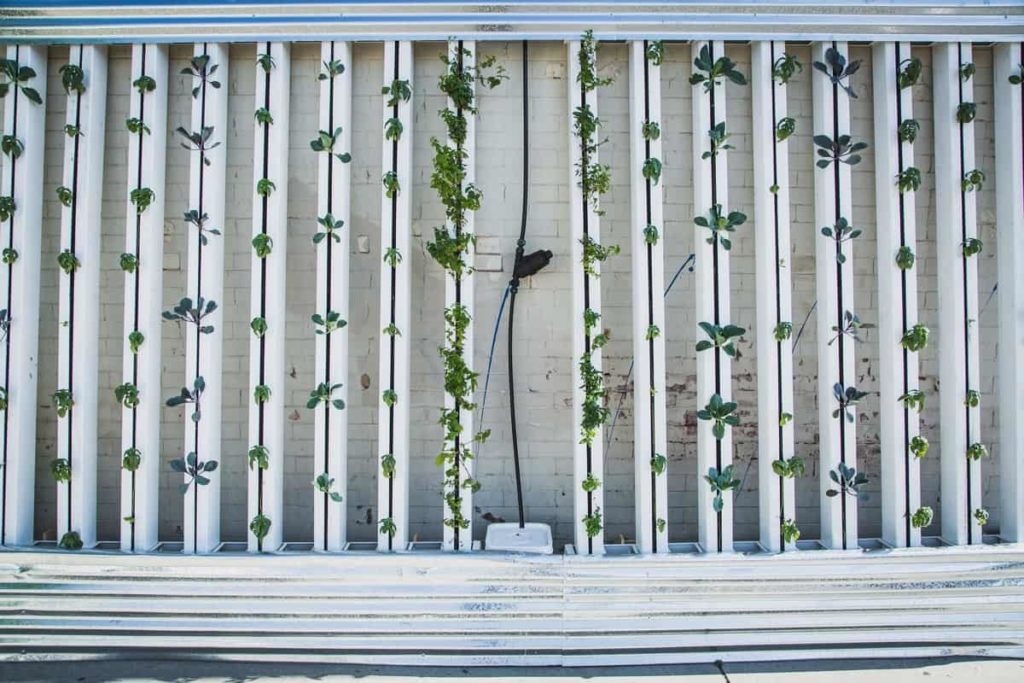
There are various other environmental benefits of vertical farming as well: (i) vertical farming technique reduces the use of fossil fuels because farm machinery, which causes pollution and depletes the natural resources, is not used, and (ii) the vertical farms in UAE are located near residential and commercial areas, thereby reducing the cost of transportation and reducing the pollution caused by vehicles, (iii) in vertical farms mostly led lights are used which use solar energy to generate electricity.
The Government provides incentives and funding for the development of agricultural technology
The government is providing enormous amounts of funds for the development of agriculture technology and as well as for supporting the ‘Ag-Tech’ firms. As a result, various private firms have launched digital platforms to address some of the agriculture sector’s issues. For instance, some ag-tech firms help in identifying & addressing the loopholes in the food supply chain.
Such firms aid in making the food supply chain simple and sustainable through the use of digital technology. Such technology helps in reducing food wastage and supports the local firms. Mobile apps have also been developed which help the farmers identify the plant disease and provide instant solutions.
Organic Farming
The number of organic farms in the country is very less, because of which the Government is focusing on the growth of organic farms. As a result, only 34 organic firms in UAE cover an area of around 3905 hectares. The food produced on organic farms is of fine quality and chemical free.
Majorly, the organic farms in the UAE use inter-cropping methods to resolve the problem of pest attacks. The food produced through organic farming tastes better, and such farming techniques also provide support to the local farmers. Government officials make frequent visits to the farms to identify the challenges faced in carrying out organic farming so that they can provide solutions to make organic farming a success.
In case you missed it: Organic Grapes Farming, Growing Practices
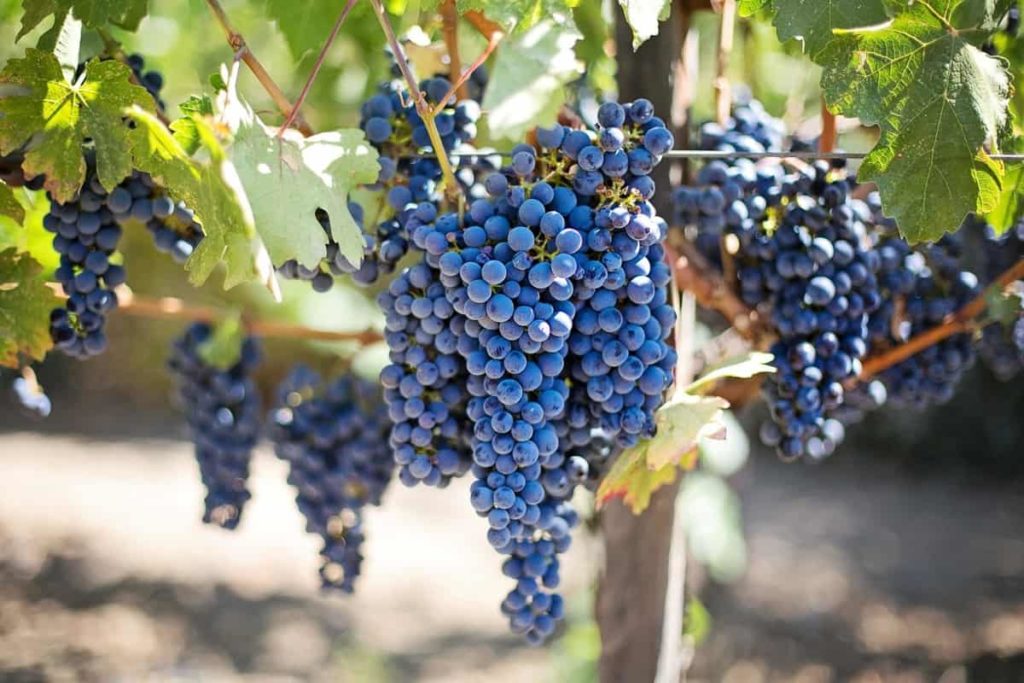
Food Technology Valley has been launched in Dubai:
The Food Technology Valley was opened in May 2021 to achieve the aims of the “National Food Security Strategy 2051”. The food technology valley will help in addressing the agricultural challenges faced by the country by opening:
- Technology and engineering labs related to agriculture
- Research and Development center
- Smart food logistics hub
- Food innovation center. The Food technology valley will also consist of food factories, and start-ups, and will also provide training to specialists and help conduct research.
Ease in setting up business in UAE:
The UAE Government supports investment in the agriculture sector by providing several advantages to investors, such as
- A large number of premises
- Many free-zone areas such as DMCC, Jebel Ali Free Zone, etc.
- No corporate tax
- Simple business laws and regulations, and many more other benefits.
In the UAE, two types of licenses are issued to the business owners
- Commercial license
- Professional license
The commercial licenses are provided to those businessmen who are engaged in the trading of agricultural products such as
- Trading of seeds
- Trading of flowers and ornamental plants
- Trading of tree seedlings
- trading of pesticides, and many more trading activities
The professional license is provided to those businessmen who perform various agricultural activities and practices such as
- Growing crops and gardening
- Growing fruit and palm trees
- Land preparation & irrigation system works & maintenance
- Tree removal and planting services, and many more.
The rulers of different emirates regularly take several initiatives to plant a specific number of trees. The main aim of such initiatives is to prevent soil erosion. The UAE Government has also entered into various agreements and treaties relating to agriculture with other countries, such as
- Comprehensive Economic Partnership Agreement (CEPA) with India
- Memorandum of Understanding with Irelands Department of Agriculture, Food, and Marine,
- International Treaty on Plant Genetic Resources for Food and Agriculture with Italy, and many more
In case you missed it: Organic Dates Farming, And Cultivation Practices
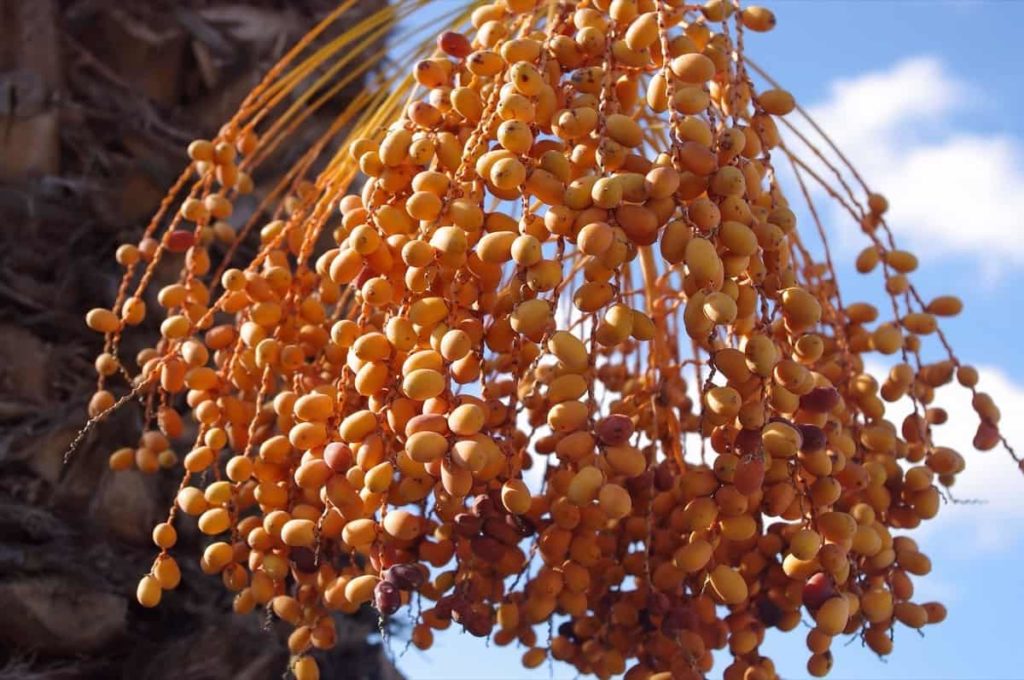
Conclusion
Despite various challenges and issues, UAE faces in the agriculture sector, the country has shown a growing trend. UAE has become one of the most technologically advanced agriculture countries due to numerous measures taken by the Government and authorities to promote the agricultural sector.
Article by: Vasudha Bhushan
- Economical Aquaculture: A Guide to Low-Budget Fish Farming
- 15 Common Planting Errors That Can Doom Your Fruit Trees
- How to Make Houseplants Bushy: Effective Tips and Ideas
- Innovative Strategies for Boosting Coconut Pollination and Yield
- Pollination Strategies for Maximum Pumpkin Yield
- The Complete Guide to Chicken Fattening: Strategies for Maximum Growth
- Natural Solutions for Tulip Problems: 100% Effective Remedies for Leaf and Bulb-Related Issues
- Revolutionizing Citrus Preservation: Towards a Healthier, Greener Future
- Natural Solutions for Peony Leaf and Flower Problems: 100% Effective Remedies
- Maximizing Profits with Avocado Contract Farming in India: A Comprehensive Guide
- Natural Solutions for Hydrangea Problems: 100% Effective Remedies for Leaf and Flowers
- The Ultimate Guide to Choosing the Perfect Foliage Friend: Bringing Life Indoors
- From Sunlight to Sustainability: 15 Ways to Use Solar Technology in Agriculture
- The Ultimate Guide to Dong Tao Chicken: Exploring from History to Raising
- The Eco-Friendly Makeover: How to Convert Your Unused Swimming Pool into a Fish Pond
- Mastering the Art of Delaware Chicken Farming: Essentials for Healthy Backyard Flocks
- 20 Best Homemade Fertilizers for Money Plant: DIY Recipes and Application Methods
- How to Craft a Comprehensive Free-Range Chicken Farming Business Plan
- Brighten Your Flock: Raising Easter Egger Chickens for Beauty and Bounty
- How to Optimize Your Poultry Egg Farm Business Plan with These Strategies
- Subsidy for Spirulina Cultivation: How Indian Government Schemes Encouraging Spirulina Farmers
- Ultimate Guide to Raising Dominique Chickens: Breeding, Feeding, Egg-Production, and Care
- Mastering the Art of Raising Jersey Giant Chickens: Care, Feeding, and More
- Ultimate Guide to Raising Legbar Chickens: Breeding, Farming Practices, Diet, Egg-Production
- How to Raise Welsummer Chickens: A Comprehensive Guide for Beginners
- How to Protect Indoor Plants in Winter: A Comprehensive Guide
- Ultimate Guide to Grow Bag Gardening: Tips, Tricks, and Planting Ideas for Urban Gardeners
- Guide to Lotus Cultivation: How to Propagate, Plant, Grow, Care, Cost, and Profit
- Agriculture Drone Subsidy Scheme: Government Kisan Subsidy, License, and How to Apply Online
- Ultimate Guide to Raising Araucana Chickens: Breed Profile, Farming Economics, Diet, and Care
- Bringing Hydroponics to Classroom: Importance, Benefits of Learning for School Students
- Ultimate Guide to Raising Polish Chickens: Breed Profile, Farming Economics, Diet, and Care
- Ultimate Guide to Raising Australorp Chickens: Profile, Farming Economics, Egg Production, Diet, and Care
- Silkie Chicken Farming: Raising Practices, Varieties, Egg Production, Diet, and Care
- Sussex Chicken Farming: Raising Practices, Varieties, Egg Production, Diet and Care
- Homemade Feed Formulations for Livestock: Discover Cost-effective Starter to Finisher Feed Recipes